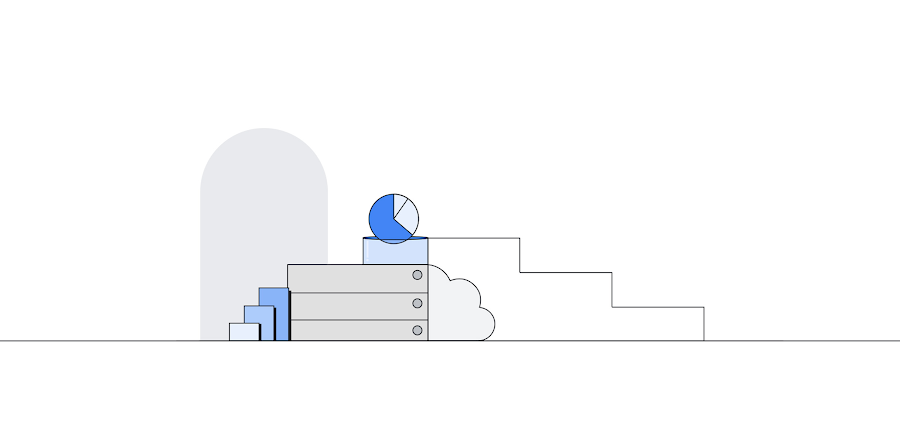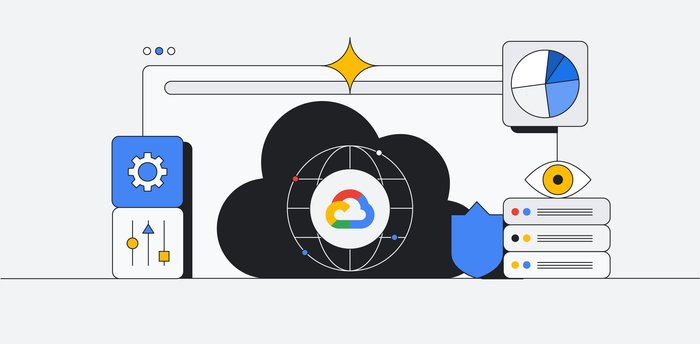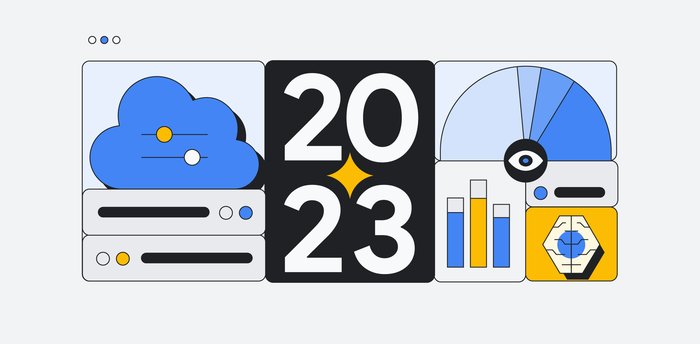Accelerating innovation for cloud-native managed databases
Dominic Preuss
Director of Product Management
Every application has to store and access operational data, usually in a database. Managed database services can help you ship apps faster and reduce operational toil so you can focus on what makes your business successful and unique. To quote analyst firm Gartner, “Cloud-based deployment models and dbPaaS offerings are growing rapidly as an alternative, more flexible, delivery method1,” and our customers’ buying habits are no exception.
Managed database services abstract away the underlying infrastructure so you can interact with a database and an API without worrying about servers, racks, and replication. Google Cloud has a strategy of providing managed database services for your favorite open source data stores as well as proprietary technologies developed at Google over the years.
Today, we’re excited to announce a number of cloud database improvements:
- Commit timestamps for Cloud Spanner now available
- Availability of Cloud Bigtable replication in beta
- Availability of Cloud Memorystore for Redis in beta
- Cloud SQL for PostgreSQL is now generally available
Commit timestamps for Cloud Spanner
Cloud Spanner is the only globally distributed relational database that supports external (strong) consistency across regions and continents, and that ability opens new opportunities for businesses. Since it became GA last May, we’ve seen a surge of customers like Optiva or Bandai Namco building mission-critical systems on Cloud Spanner. And we continue to focus on our customers, adding product features based on customer requests. Most recently, we added commit timestamps to Cloud Spanner, which lets you determine the exact ordering of mutations and build changelogs.Cloud Bigtable replication beta
We are announcing that Cloud Bigtable regional replication is rolling out starting today and will be available to 100% of customers by May 1, 2018. A replicated Cloud Bigtable database can provide higher availability, additional read throughput, higher durability and resilience in the face of zonal failures. With the click of a button, you can now replicate your Cloud Bigtable data set asynchronously across zones within a GCP region, providing a scalable, fully managed, replicated wide-column database service for when low latency, random data access and scalability are critical.Cloud Memorystore for Redis beta
Support for managed Redis is a popular customer request. On May 9th, we’ll begin offering Cloud Memorystore for Redis in beta, an in-memory data store service for Redis that is scalable, more secure, highly available and fully managed by Google. Compatibility with the Redis protocol means you can migrate your applications with zero code changes.Redis is commonly used to build solutions such as application caches, gaming leaderboards, and incremental counters. Its fast in-memory caching, powerful data structures and features like replication and pub-sub make it ideal for these low-latency use cases. Redis can be deployed as a standalone instance or replicated for high-availability. Cloud Memorystore removes the operational overhead to setting up and managing these instances so it’s easy to deploy what your application needs.
Cloud SQL for PostgreSQL now generally available
PostgreSQL support for Cloud SQL was our #1 customer database request and we are excited it has reached general availability. During the beta period, we added high availability and replication, higher performance instances with up to 416GB of RAM, and support for 19 additional extensions. It also joined the Google Cloud Business Associates Agreement (BAA) for HIPAA-covered customers.The service is backed by high-availability functionality and Google Cloud support and a 99.95% availability SLA anywhere in the world. DB-Engines, an independent service that ranks database technologies, ranked PostgreSQL their database of the year in 2017 because of its explosive growth in popularity.
And to make it easy for you to migrate to a managed database service, Cloud SQL for PostgreSQL runs standard open-source PostgreSQL. Further, we plan to give any improvements that we make to PostgreSQL back to the community.
And stay tuned for further developments, as we continue to incorporate new products and features into our managed database portfolio. Your data grows and changes, and your database should grow along with it—in engine choice, in scope, in features, in reliability and in ease of use. Our goal is to offer the most complete suite of managed database services to keep your data accessible, more secure and available, and let you focus on your business. Reach out to us to let us know what kinds of managed database services you’d like us to offer next.
(1) Source: Gartner IT Market Clock for Database Management Systems 2018, Donald Feinberg, Adam M. Ronthal, Ankush Jain 18 January 2018



